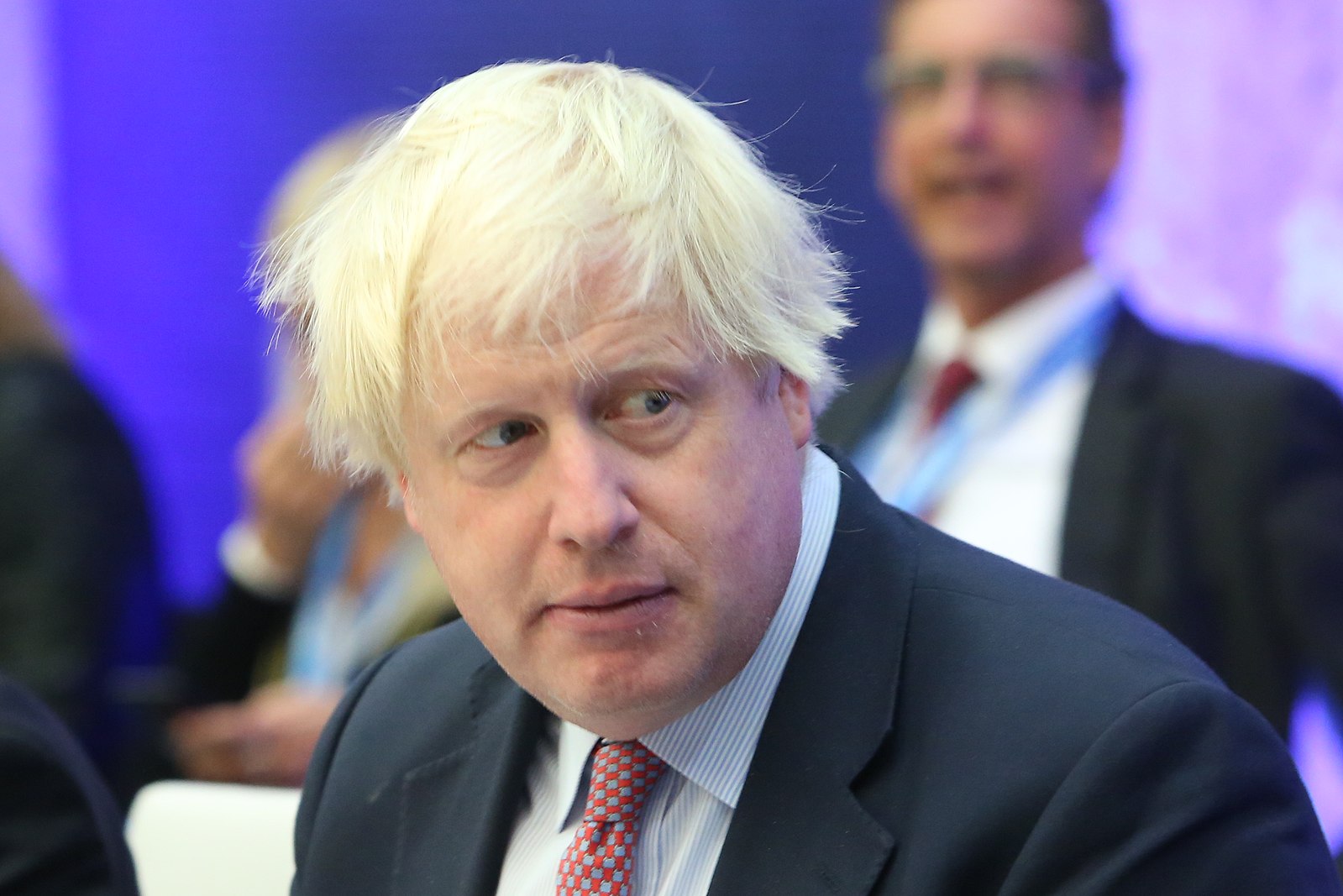On the 31st of January 2020, the United Kingdom formally left the European Union after three years of division, chaos and uncertainty.
Boris Johnson, Britain’s idiosyncratic prime minister, boisterously declared the departure would reinvigorate the UK’s “power of independent thought and action”. Loud cheers erupted from his newly energised team of 365 MPs, many of whom had won in Labour strongholds under a banner of “Get Brexit Done” regardless of the consequences. The Euroscpetic press went berserk with enthusiasm: “Got Brexit Done!” was the slogan of The Daily Mail, perhaps British journalism’s most ardent supporter of Brexit.
Not everyone was impressed.
Sir Edward Davey, then the mildly-spoken Liberal Democrat MP for Kingston and Subiton (now the party’s leader), told supporters it was a “heartbreaking” day for the thousands of pro-European activists. His audience was noticeably younger than Mr Johnson’s. The majority of his audience was aged between 16 and 30; Boris Johnson ran an election campaign primarily aimed at voters of the ‘Baby Boom’ from the “Labour heartlands”.
Brexit has exposed long-standing divisions in Britain; north vs south, city-dwellers vs country-frollickers. Scenes of explosive clashes between demographics are difficult to avoid, with video footage of violent clashes at both pro and anti-Brexit rallies gracing Facebook pages on an almost never-ending cycle. But divisions on age are often the most difficult to repair.
64% of voters aged 65 and above voted to leave the European Union. Just 29% of 18-to-24 year-olds did the same.
At last year’s remarkable election, 67% of the electorate aged 70+ voted Conservative. Just 21% of voters aged 16-24 did so.
Britain thus has a government laser-focused on the interests of the elder generations, but mostly unconcerned with those of the young.
This is not a new issue with British politics. In 2003, Tony Blair, the prime minister who had pledged to “breathe new life into old institutions”, formally declared war with Iraq, ignoring the million-strong protests of mostly young activists. In 2013 the British parliament voted to triple tuition fees, despite the vocal opposition of those who’d have to pay them. In fairness, thanks to pressure from the Liberal Democrats, David Cameron’s government increased the threshold of tuition payment- but this reform received little praise from a generation confronted with living standards worse than their parents.
Criticising the system is one thing. Reforming it is far more difficult. To do so takes achievable, yet meaningful, structural reform.
First, we must reform our electoral system. It cannot be right that the Conservatives, who received below half the votes at the last election, should enjoy such enormous influence on issues with such profound influence on this nation as the environment and economy, with little meaningful input from the Opposition.
The current system is grossly unrepresentative. Just 3.9% of voters opted for the Scottish National Party, yet it received 7.4% of seats nationally. Issues with first-past the past stretch further than poor representation. The system makes our politics far nastier, more divisive than it needs to be. By narrowing the election to a two-horse race at elections, the system encourages parties to run unpleasant, gruesome campaigns against each other in the name of a small lead in the polls. This is having a detrimental effect on our democracy. Voters don’t trust their elected officials to properly represent them. If voters- particularly the young- lack faith in the basic structures of our institutions, surely they will become increasingly distrusting of other institutions, notably the policy, courts and local government.
Furthermore, the first-past-the-post electoral system oversimplifies complex, nuanced issues, creating a superficial left-right divide that fails to represent the views and aspirations of the British public.
Britain needs proportional representation to ensure all votes matter. According to campaign groups such as the Electoral Reform Society, the ‘Single Transferable Vote’ system is best-suited to encourage young voters to engage in British politics. Under this system, voters rank candidates from different parties in order of preference; they are able to give a second and third preference if necessary. As the vote progresses, candidates whose vote share is below a particular threshold get eliminated or elected, votes transfer to other candidates according to the voter’s stated preferences. Because smaller parties have a greater chance of election, the system is much more representative than first-past-the-post, in which the public regards votes for smaller parties as “wasted” votes. Thus, this system is much more practical for young people, who are often most likely to vote for Green or independent candidates.
Britain must also lower the voting age to 16. Doing so would improve civic engagement. 16-17-year-olds would become more inclined to discuss political affairs if they had an influence in them. Thus, their parents would be more inclined to reflect on their children’s views when voting, making our democracy more considerate of minority interests in the process. If 16 and 17-year-olds are trustworthy enough to pay taxes, they should be able to choose how the government spends that tax money.
For too long, division and chaos have scarred our liberal democracy. For too long young Britons have loudly demanded change, only to be met with silence.
The issues facing Britain’s democracy are enormous. Solving them starts with involving the young.

